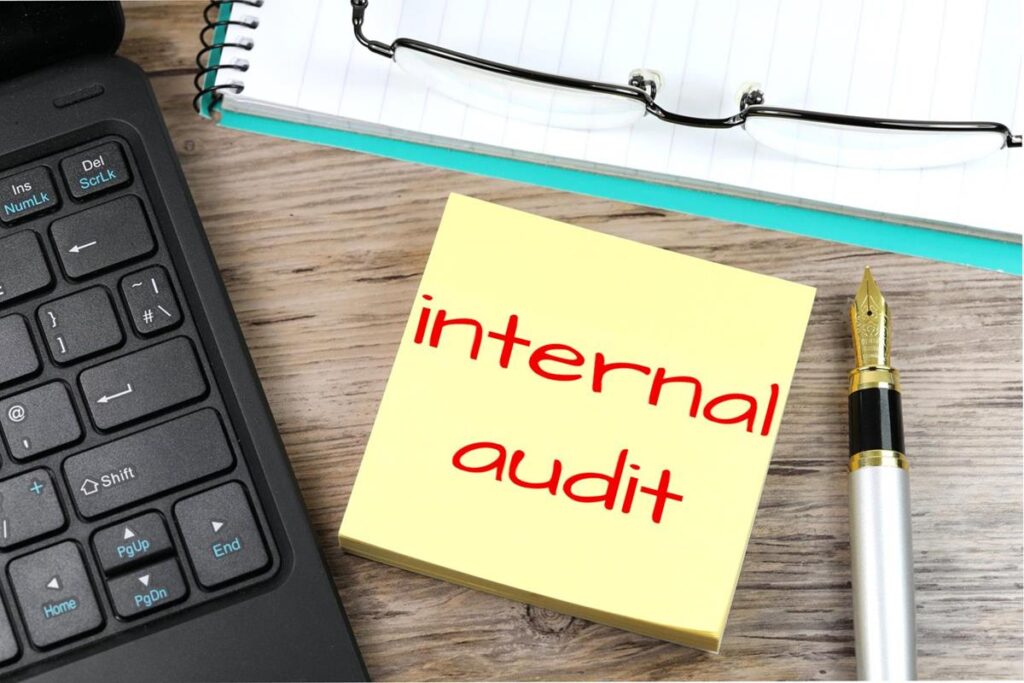AUDIT & ASSURANCE SERVICES

AUDIT - PRIVATE & STATUTORY
Auditing is a fundamental part of running your business, as it gives your business an extra scrutiny from a qualified 3rd party, to ensure that your business meets all regulatory and corporate governance compliance issues.
In doing your business, issues of Private or Statutory audit would always come to bears.
A private audit provides numerous advantages to organizations. Firstly, it enhances financial credibility, assuring stakeholders, investors, and creditors of the company’s trustworthiness. By identifying potential risks and inefficiencies, it enables management to make informed decisions, improving overall operational efficiency. Moreover, it ensures compliance with internal policies, preventing fraudulent activities. Private audits foster transparency, bolstering investor confidence and potentially attracting more capital. Additionally, the audit process can reveal cost-saving opportunities, optimizing financial performance. Ultimately, private audits instill discipline in financial management, encouraging responsible business practices and sustainability.
On the other hand, Statutory audits offer essential benefits for businesses and the public. Firstly, they ensure adherence to legal and regulatory requirements, promoting transparency and integrity. By independently examining financial records, statutory audits detect errors, preventing potential financial misstatements and maintaining the accuracy of financial reporting. Investors and stakeholders gain confidence in the company’s financial health, boosting investment and business opportunities. These audits provide an unbiased assessment of a company’s financial position, aiding in risk management and strategic decision-making. Furthermore, statutory audits foster market stability, as the public can rely on verified financial information, contributing to overall economic growth and trust in the corporate sector.

INTERNAL AUDIT - aviA
Internal audits offer numerous advantages to organizations, ensuring robust operational efficiency and risk management. Firstly, they provide independent and objective assessments of internal controls, financial processes, and compliance, enhancing transparency and accountability. Secondly, internal auditors identify areas for process improvement, cost reduction, and resource optimization, ultimately leading to enhanced profitability. Additionally, by detecting and mitigating potential risks, they safeguard the organization’s reputation and protect it from legal and financial repercussions.
Moreover, their continuous monitoring helps maintain regulatory compliance, fostering a culture of integrity and ethical conduct. Overall, internal audits bolster organizational resilience, aid decision-making, and promote long-term sustainability in today’s dynamic business environment.

ENVIRONMENTAL AUDIT
The environmental audit offers a myriad of benefits in safeguarding our planet’s well-being.
By assessing an organization’s ecological practices, it identifies areas for improvement, promoting sustainable operations and reducing carbon footprints. This systematic evaluation ensures compliance with environmental regulations, reducing the risk of legal penalties and reputation damage. Moreover, it enhances resource efficiency, minimizing wastage and lowering operating costs. As a powerful tool for transparency, it fosters trust with stakeholders, attracting socially responsible investors and customers.
Ultimately, the environmental audit cultivates a culture of environmental consciousness, fostering innovation and resilience while playing a pivotal role in preserving our precious ecosystems for future generations.

VALUE FOR MONEY AUDIT
A value-for-money audit offers a concise and data-driven assessment of an organization’s spending efficiency, ensuring taxpayers’ money is optimally utilized. By analyzing financial practices, resource allocation, and performance outcomes, it provides vital insights to decision-makers, enabling them to identify cost-saving opportunities and enhance service delivery. This rigorous evaluation promotes transparency, accountability, and the responsible use of public funds.
The audit’s clear recommendations empower stakeholders to implement targeted improvements, fostering a culture of continuous enhancement within the organization. Ultimately, a value-for-money audit safeguards public trust, strengthens financial sustainability, and paves the way for a more effective and economically responsible public sector.
